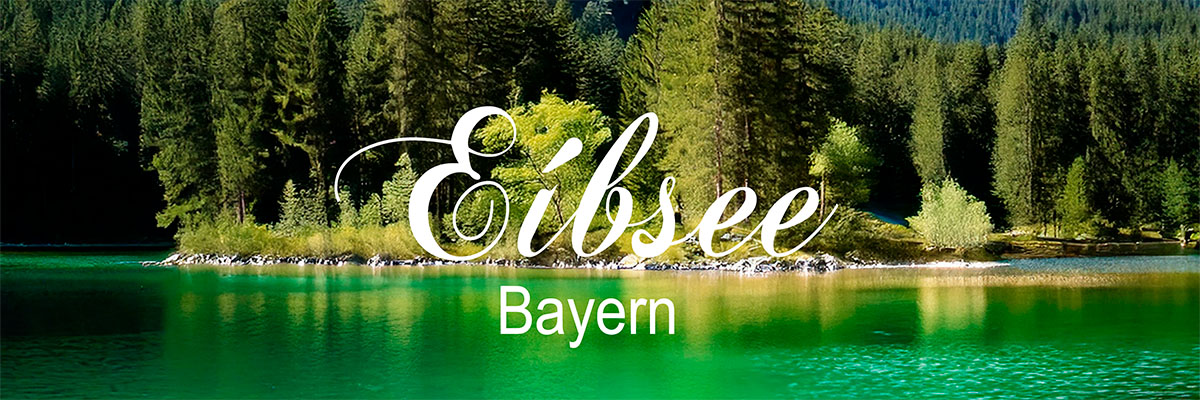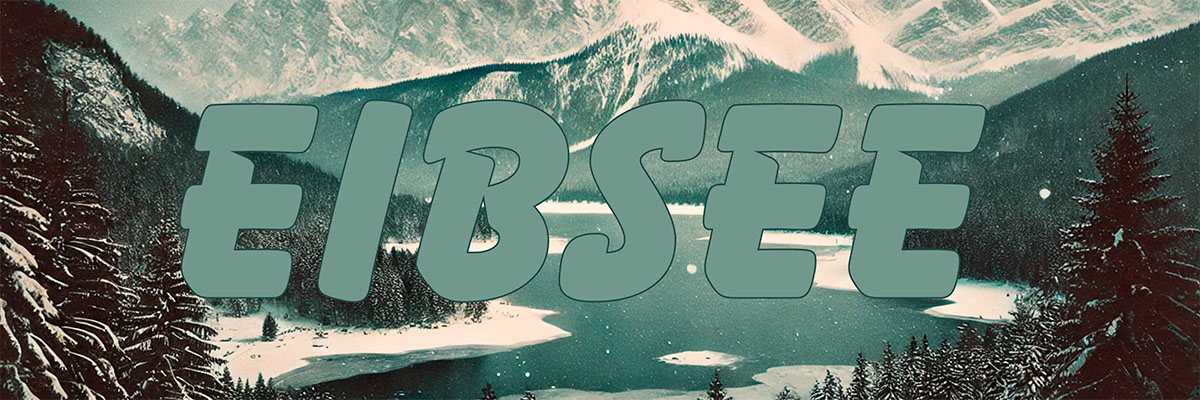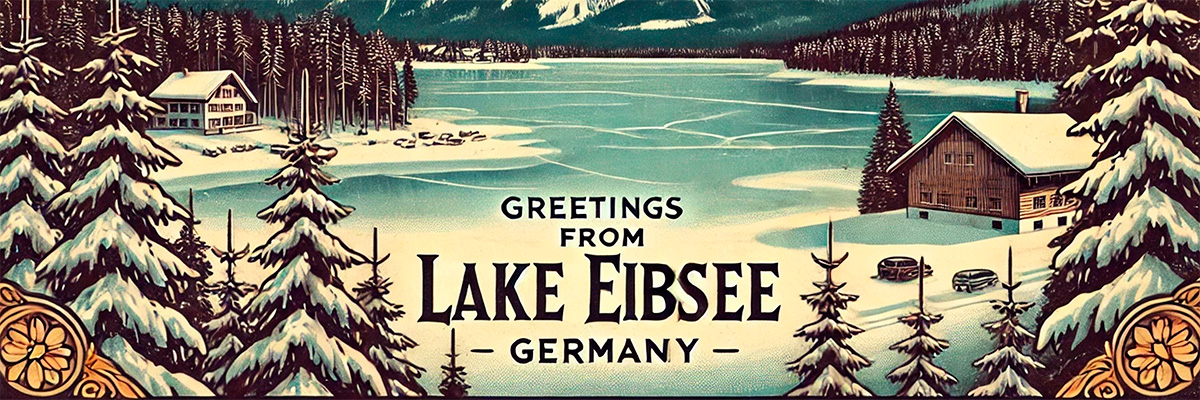- Vehicles
- Figures
- Witches
- Carnival
- Canvas
- Magnets
- Materials
- Maritime
- Hats
- New products
- Personalize
- Plush
- Dolls
- Collectible figures
- Keychain
- Special production
- %Special offers%
- Money boxes
-
Cities - Regions
- Bad Säckingen
- Bamberg
- Bayerischer Wald
- Berchtesgaden
- Berlin
- Bodensee
- Bremen
- Brocken
- Chiemsee
- Cochem
- Dinkelsbühl
- Dresden
-
Eibsee
- Frankfurt
- Freiburg
- Gardasee
- Garmisch-Partenkirchen
- Hamburg
- Harz
- Heidelberg
- Helgoland
- Insel Mainau
- Kleinwalsertal
- Koblenz
- Köln
- Königssee
- Leipzig
- Lübeck
- Mecklenburgische Seenplatte
- München
- Nürnberg
- Oberammergau
- Oberstdorf
- Rügen
- Wernigerode
- Quedlinburg
- Sylt
- Schwarzwald
- Titisee
- Passau
- Regensburg
- Rothenburg
- Traunsee
- Triberg
- Stuttgart
- Ulm
- Potsdam
- Bags/Backpacks
- Mugs
- Textile
- Animal
- Subjects
More information? sign in.
More information? sign in.
More information? sign in.
More information? sign in.
More information? sign in.
More information? sign in.
More information? sign in.
More information? sign in.
More information? sign in.
Lake Eibsee – A Natural Gem at the Foot of the Zugspitze
Lake Eibsee is one of the most beautiful lakes in Germany and captivates countless visitors every year. With its unique location, fascinating history, and picturesque surroundings, it is considered a true paradise for nature lovers—not just for hikers, photographers, and outdoor enthusiasts, but also for those seeking peace and relaxation. This comprehensive text provides all the essential facts about Lake Eibsee: from its formation and historical development to tourist highlights, typical local cuisine, and souvenirs.
Geographical Location and Federal State
Lake Eibsee is located in southern Bavaria, in the municipality of Grainau, part of the Garmisch-Partenkirchen district. It lies at the foot of the Zugspitze, Germany’s highest mountain, at an elevation of about 973 meters (3,192 feet). The Austrian border is only a short distance away, and the well-known alpine town of Garmisch-Partenkirchen is just 10 kilometers east. The lake’s idyllic setting within the Bavarian Alps, combined with excellent accessibility, makes it a popular destination for travelers from around the world.
Formation of Lake Eibsee
Geologically speaking, Eibsee is a relatively young lake. It was formed approximately 3,700 to 4,000 years ago as the result of a massive rockslide from the Zugspitze massif. About 350 million cubic meters of rock tumbled into the valley, damming the water and creating what is now Eibsee—a landslide lake. The lake spans an area of 177 hectares (437 acres), with a maximum depth of 35 meters (115 feet). Its irregular shoreline and the presence of eight small islands—all remnants of the ancient rockslide—give the lake its distinct and striking character.
History and Development
The first written records mentioning Lake Eibsee date back to the 12th century. The name likely derives from the yew tree (Eibe in German), which once grew abundantly in the area but is now quite rare due to centuries of deforestation. In medieval times, the lake was known for its fishing industry, and local farmers relied on it for food and fresh water.
Tourism in the Eibsee region began to develop in the 19th century. The construction of the Zugspitze railway in the early 1930s and the opening of the Eibsee Hotel marked the beginning of a new era. Since then, the lake has become one of Bavaria’s top tourist destinations.
Population
Lake Eibsee itself is uninhabited. The nearest settlement is the village of Grainau, which has around 3,500 residents. Grainau is nestled between the Ammergau Alps and the Wetterstein mountains and thrives economically through tourism, particularly thanks to the Eibsee and the Zugspitze.
Attractions Around Lake Eibsee
While Eibsee is a spectacle in itself, the surrounding area also offers many attractions:
1. The Eibsee Loop Trail:
A well-maintained 7.5-kilometer (4.7-mile) trail circles the lake, offering breathtaking views of the crystal-clear waters, small islands, and towering Zugspitze. The hike takes about 2 hours and is suitable for all skill levels.
2. Zugspitze Cable Car:
Located directly at the lake is the base station of the Zugspitze cable car, which transports visitors to Germany’s highest peak (2,962 meters / 9,718 feet) in just 10 minutes. From the top, you can enjoy stunning panoramic views over the Alps.
3. Boating and Watersports:
During the summer, you can rent rowboats, pedal boats, or stand-up paddleboards to explore the lake from the water. Swimming is also possible, although the water remains refreshingly cold year-round.
4. The Eibsee Islands:
The lake’s eight islands, including Sasseninsel, Ludwigsinsel, and Steinbühlinsel, are uninhabited and popular with photographers and birdwatchers. These small islets enhance the lake’s fairytale-like appearance.
5. Eibsee Hotel:
This historic hotel was opened in 1884 and offers luxurious accommodations with unparalleled views of the lake and mountains. It is a favorite among both international guests and local vacationers.
Tourism and Annual Visitor Numbers
Eibsee is one of the most visited natural destinations in southern Germany. In recent years, it has seen between 500,000 and 700,000 visitors annually, with peaks during the summer months and weekends. Thanks to the Zugspitze cable car and the beautiful landscape, winter tourism is also popular. The lake attracts hikers, nature photographers, wellness tourists, and outdoor athletes from around the world.
Famous People
No globally renowned personalities were born directly at Lake Eibsee, but the nearby town of Garmisch-Partenkirchen has produced several notable figures. One of the most famous is Christian Neureuther, a multiple World Cup-winning skier. He is the husband of legendary ski racer Rosi Mittermaier and the father of Felix Neureuther, one of Germany’s most successful alpine skiers. The Neureuther family has strong ties to the region and often speaks publicly about their love for the Bavarian Alps.
The beauty and serenity of the Eibsee area also attract celebrities from sports, entertainment, and politics, many of whom have vacation homes nearby or visit regularly in private.
Typical Food and Drinks
The culinary offerings around Lake Eibsee are heavily influenced by traditional Bavarian cuisine, known for its hearty, rustic flavors. Popular regional dishes include:
-
Pork knuckle with dumplings and sauerkraut
-
Weißwurst (Bavarian veal sausage) with sweet mustard and pretzels
-
Kaiserschmarrn, a shredded pancake served with applesauce or berries
-
Obatzda, a Bavarian cheese spread with rustic bread
-
Pan-fried trout, often sourced from local lakes and streams
As for beverages, Bavarian beer is a staple—especially Helles (lager), Weißbier (wheat beer), and dark beer. In the summer, locals enjoy Radler (beer mixed with lemonade), and for those who prefer non-alcoholic options, mountain herb lemonades and natural spring water are widely available.
Several restaurants and guesthouses offer lakefront dining, including the Eibsee Hotel and the charming Eibsee Alm.
Typical Souvenirs
If you’re looking for a souvenir to remember your time at Lake Eibsee, you’ll find a variety of authentic and regionally inspired options:
-
Panoramic photos or postcards featuring Eibsee and the Zugspitze
-
Hand-carved wooden figures from local artisans
-
Herbal liqueurs and schnapps, often made with alpine ingredients
-
Eibsee-themed mugs, t-shirts, and hats
-
Alpine herbal teas or natural skincare products made with arnica and pine oil
-
Locally produced honey, jam, and mountain cheese from nearby farms
Shops in Grainau, as well as souvenir stands at the Zugspitze base station, offer a wide selection of both traditional and modern gifts.
Conclusion
Lake Eibsee is much more than just a scenic mountain lake—it is a symbol of Bavaria’s natural beauty, with a fascinating origin story and a unique alpine atmosphere. Whether you're hiking, photographing, swimming, or simply enjoying the view, a visit to Eibsee is sure to leave a lasting impression. Thanks to its proximity to the Zugspitze, the warm hospitality of the locals, and the richness of Bavarian culture and cuisine, Lake Eibsee offers an experience for all the senses. Once you’ve been there, you’ll understand why so many people return again and again.



























